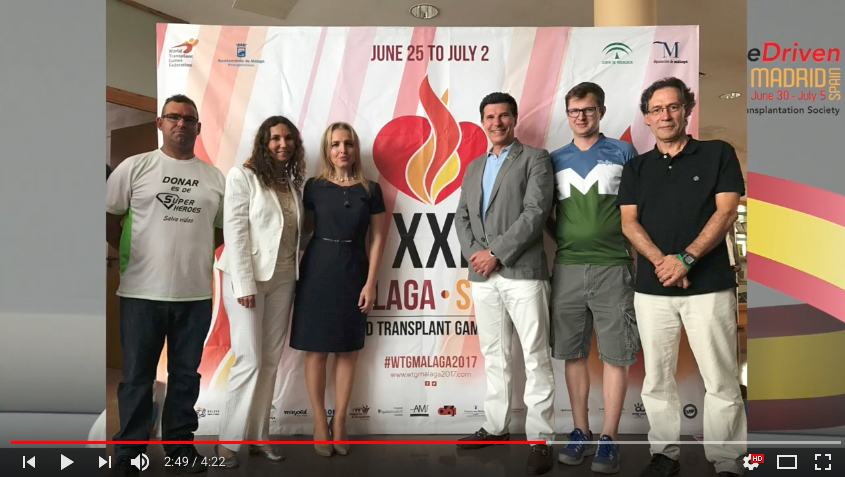
Interview with Marcelo Cantarovich, TTS Vice President on the recent World Transplant Games in Malaga, Spain
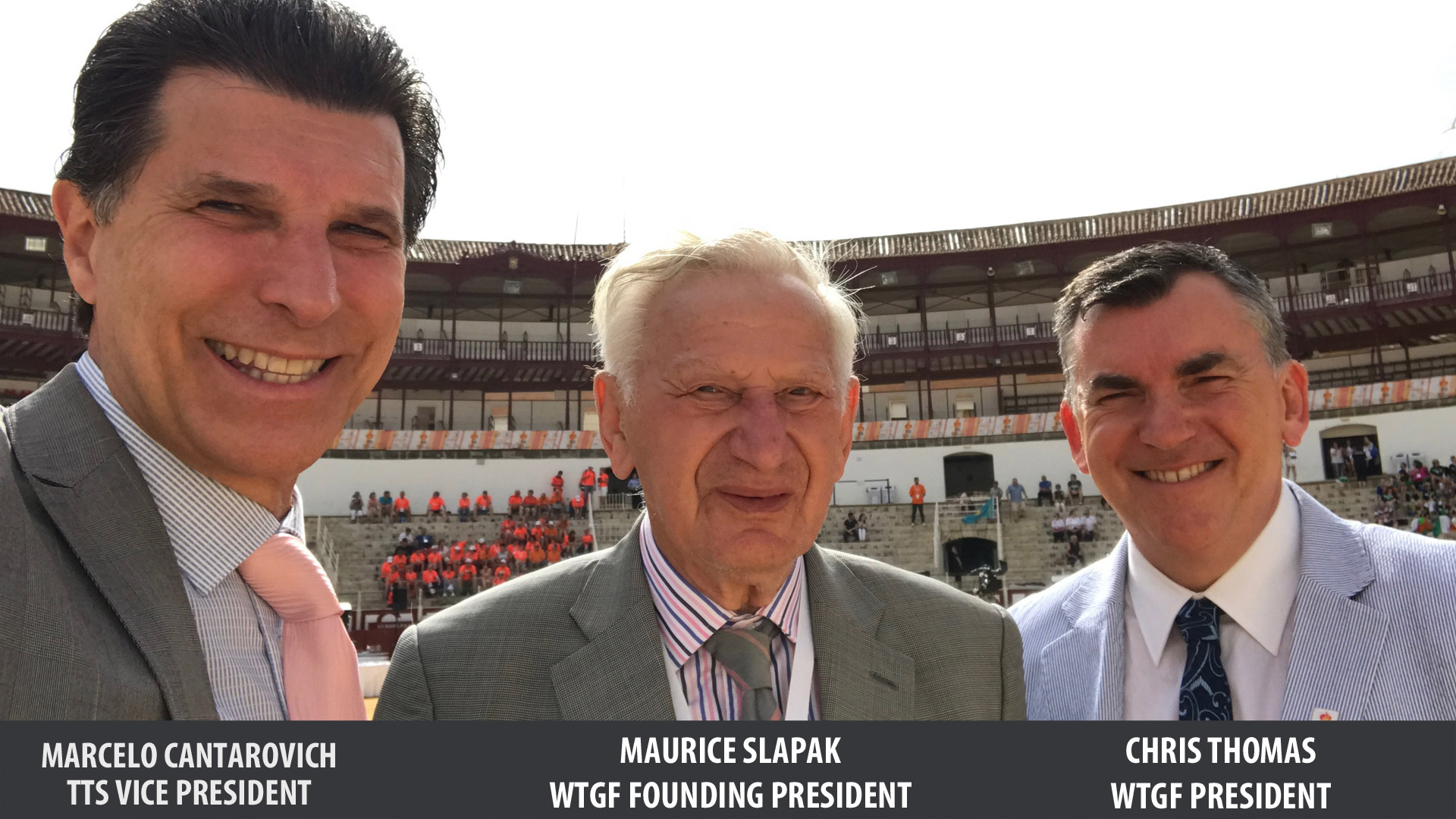
Marcelo represented the TTS Council at the World Transplant Games held in Malaga, Spain from June 25 to July 2, 2017. Click on the image below to watch the full interview or read the transcript.
Regulatory News

FDA Issues Draft Guidance on Utilizing Animal Studies to Evaluate Organ Preservation Devices
Today, the Food and Drug Administration (FDA) released "Utilizing Animal Studies to Evaluate Organ Preservation Devices; Draft Guidance for Industry and Food and Drug Administration Staff." The purpose of this guidance once finalized will be to recommend best practices for using animal studies to evaluate organ preservation devices. The FDA recommends balancing the need for a least burdensome regulatory process to expedite new organ preservation devices to market, which are shown to be reasonably safe and effective, with the ethical principles of replacement, reduction and refinement for animal studies that incorporate modern animal care and use strategies.
A shortage of organs available for transplants has led to a new wave of innovation in organ preservation devices, which are used to preserve human vascularized organs such as a kidney, via perfusion (fluid passing through the organ) from the time the organ is removed from a donor until it is transplanted in the recipient. Animal studies are used to demonstrate that organ preservation devices are safe for clinical use, and are generally submitted to support investigational device exemption (IDE) applications. They may also be used to support premarket approval (PMA) applications, premarket notifications (510(k)), humanitarian device exemption (HDE) applications, or De Novo classification requests.
This draft guidance, when final, will be intended to help industry develop a risk-based approach to animal studies that takes into account the risks of the device type, and indications for use, and the corresponding failure modes. The draft guidance proposes general recommendations for a typical experimental setup that includes organ procurement, organ preservation and organ reperfusion. Due to the complexity of the reperfusion phase, in which blood flow is restored to an organ after preservation, the draft guidance also proposes specific recommendations on the use of in vivo (the organ is transplanted into a recipient animal) and ex vivo (blood flow is restored to the organ outside of the animal) models.
The FDA understands that the choice of a study model may be restricted by many factors, such as using animals, and other available resources, and believes that the information in this guidance, when final will help industry develop a risk-based approach to animal studies. Every scenario is unique and our understanding of these devices is continuing to evolve, so the FDA recommends using the pre-submission process to obtain feedback on proposed animal studies to evaluate organ preservation devices.
Comments to this draft guidance should be submitted either electronically or in writing within 60 days of publication in the Federal Register. Comments can be submitted to http://www.regulations.gov under Docket No. FDA-2017-D-4886.
If you have any questions, please contact the Division of Industry and Consumer Education (DICE) in the Center for Devices and Radiological Health (CDRH) at 1-800-638-2014, 301-796-7100 or dice@fda.hhs.gov.
Thank you,
Food and Drug Administration
Center for Devices and Radiological Health
FEatured NEWS
Sept 15 - Washington Post - China used to harvest organs from prisoners. Under pressure, that practice is finally ending.
Data compiled by Quintiles IMS, an American health-care-information company, and supplied to The Post, shows China's share of global demand for immunosuppressants is roughly in line with the proportion of the world's transplants China says it carries out.
UCLA awarded $8.4 million NIH grant to improve outcomes for liver transplant recipients

UCLA has received an $8.4 million grant from the National Institutes of Health to research ways to help donated livers last longer and improve outcomes for transplant recipients. The five-year grant is the fourth in a series from the NIH to the Dumont–UCLA Transplant Center to develop medications to prevent the body from rejecting a transplanted liver and help patients live longer, healthier lives. The grants have totaled more than $13 million. The initiative is headed by Dr. Jerzy Kupiec-Weglinski, the Paul I. Terasaki Chair in Surgery and vice chair of research at the Department of Surgery at the David Geffen School of Medicine at UCLA. The project brings together the expertise and experience of researchers from the UCLA departments of surgery, pathology and laboratory medicine, and microbiology, immunology, and molecular genetics.
"There are less than 10 program project grants in the country funded by the NIH that are related to organ transplantation, so this is a big deal," Kupiec-Weglinski said. "Through this project, we believe we will develop novel therapeutic strategies that can be directly applied in transplant patients."
IXA 2017 Full Program, WebAPP and Abstracts are now available
Transplantation Journal - Featured Article
Submitted by Dr. Andrea Schlegel, Editorial Fellow, Transplantation.
Pig Liver Xenotransplantation: A Review of Progress Toward the Clinic.
Cooper DK, Dou KF, Tao KS, Yang ZX, Tector AJ, Ekser B.
Transplantation. 2016 ;100(10):2039-47.
This review summarizes the potential therapeutic role of pig liver xenotransplantation in clinical acute liver failure. The authors present heterotopic pig liver xenotransplantation as a procedure, bridging transplant candidates with acute liver failure until a suitable liver allograft is allocated. Underlying mechanisms impacting graft survival, including the role of pig complement, occurrence of acute rejection and thrombocytopenia as observed in primates are discussed. Importantly, the authors highlight critical issues, such as the potential of transmitting infectious diseases and physiologic incompatibilities between pigs and humans. Moreover, the impact of gene editing in addressing those challenges is discussed.
Young Members Corner
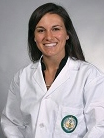 Becoming a Successful Mentee by Margaux Mustian, MD
Becoming a Successful Mentee by Margaux Mustian, MD
In academic medicine, the importance of mentorship has recently gained an increased awareness, highlighting the value of having strong mentors to help navigate the field. However, an effective mentor/mentee relationship can only be established when both members are actively engaged and committed to the partnership. As a student, trainee, or junior faculty member, how can one take steps to become a successful mentee? There are several guiding principles that can help facilitate a fruitful mentorship. First, respect your mentor’s time and busy schedule. Only arrange meetings with your mentor after you have prepared and developed ideas, questions, or projects to discuss. Use the time you have together to also demonstrate evidence of your progress. Do take initiative in these meetings, which will be enabled by your preparedness for the discussion as well. Take constructive criticism in stride, and remember that feedback is a byproduct and goal of a healthy mentorship. Also, demonstrate how your interests and aims can align with those of your mentor and how they can also further the ambitions of the mentor as well.
Always remain honest with your mentor. Likewise, strive to maintain adequate communication. The two of you may decide that you need weekly, monthly or annual meetings to debrief. Decide together which format and timeline work best for both of you. If you have made a commitment to your mentor, fulfill that responsibility within a timely manner. Finally, define your expectations for the relationship early on. The needs of the mentee or mentor may change and evolve throughout the relationship, so it is best to keep those goals delineated as clearly as possible. There may also be a time when the mentorship has fulfilled its purpose, and it is no longer necessary to continue meeting, which is also acceptable as long as there is clear communication between both parties.
There will be an opportunity to put these mentee tips into practice with the YMC at TTS 2018 in Madrid- more information to come! Email ymc@tts.org with any questions.
IN THE NEWS
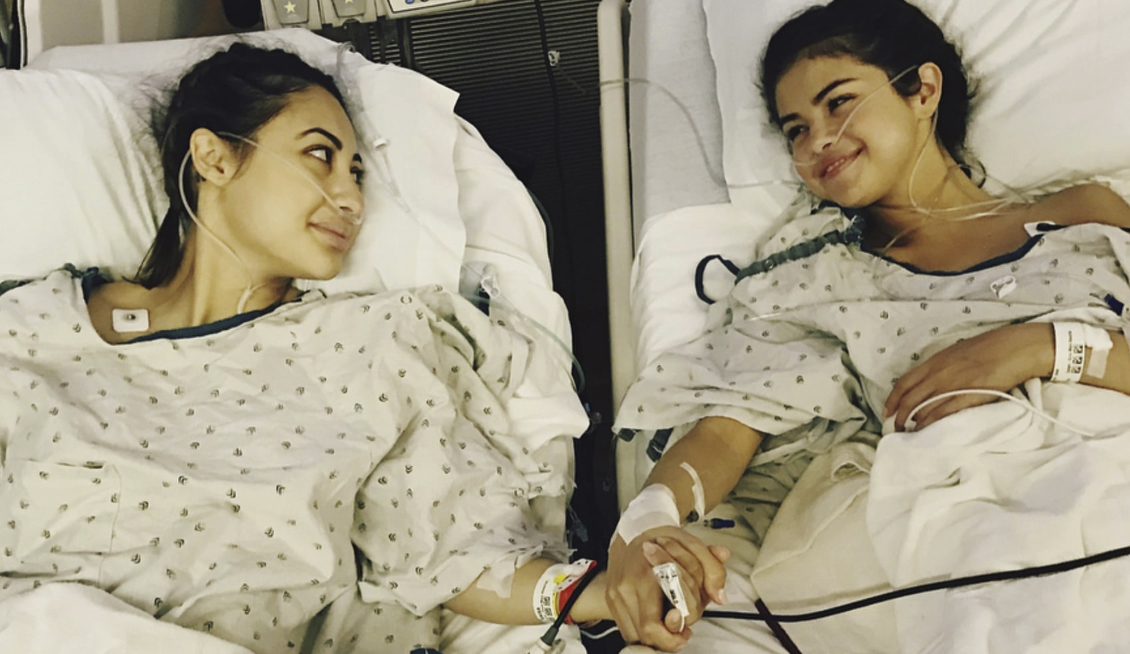
Selena Gomez received kidney transplant from TV actress Francia Raisa
Sept 14 - Selena Gomez recently received a kidney transplant from television actor Francia Raisa due to her struggle with lupus, the actor and singer revealed on Thursday.
Gomez disclosed in an Instagram post confirmed by her publicist that she has been out of the spotlight this summer because she was recovering from the procedure. The 25-year-old calls the transplant "what I needed to do for my overall health".
How Spain became the world leader in organ transplants
Sept 15 - Spain has been the world leader in organ donation for the last 25 years and in 2016 it broke its own record for the number of transplants carried out. But how has Spain done it?
DAAs improve patient and graft survival after liver transplant
Sep 14 - In the era of direct-acting antiviral (DAA) availability, the outcomes of liver transplantation for hepatitis C virus (HCV)-infected patients have improved significantly, according to a new study.
2017 CST-CTRMS Joint Scientific meeting
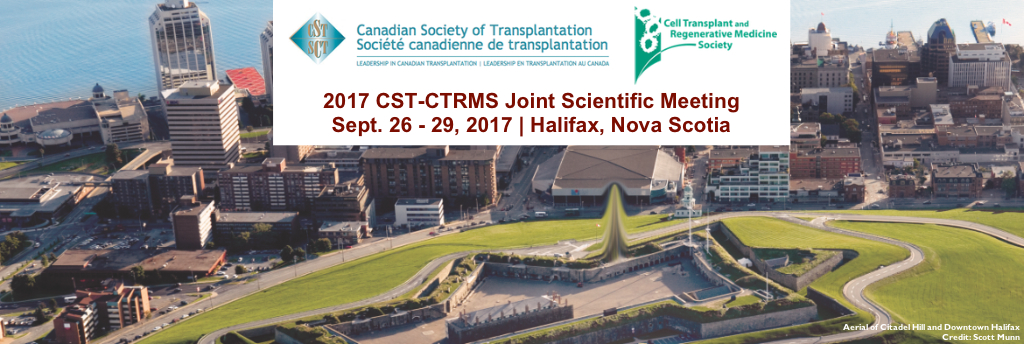
The Canadian Society of Transplantation and The Cell Transplant and Regenerative Medicine Society are pleased to co-host the 2017 CST-CTRMS Joint Scientific Meeting in Halifax, Nova Scotia from September 26 to 29, 2017 in the Halifax World Trade and Convention Centre.
www.cst-transplant.ca/2017_CST-CTRMS.html

Contact
Address
The Transplantation Society
International Headquarters
740 Notre-Dame Ouest
Suite 1245
Montréal, QC, H3C 3X6
Canada
Используйте Вавада казино для игры с бонусом — активируйте промокод и начните выигрывать уже сегодня!


